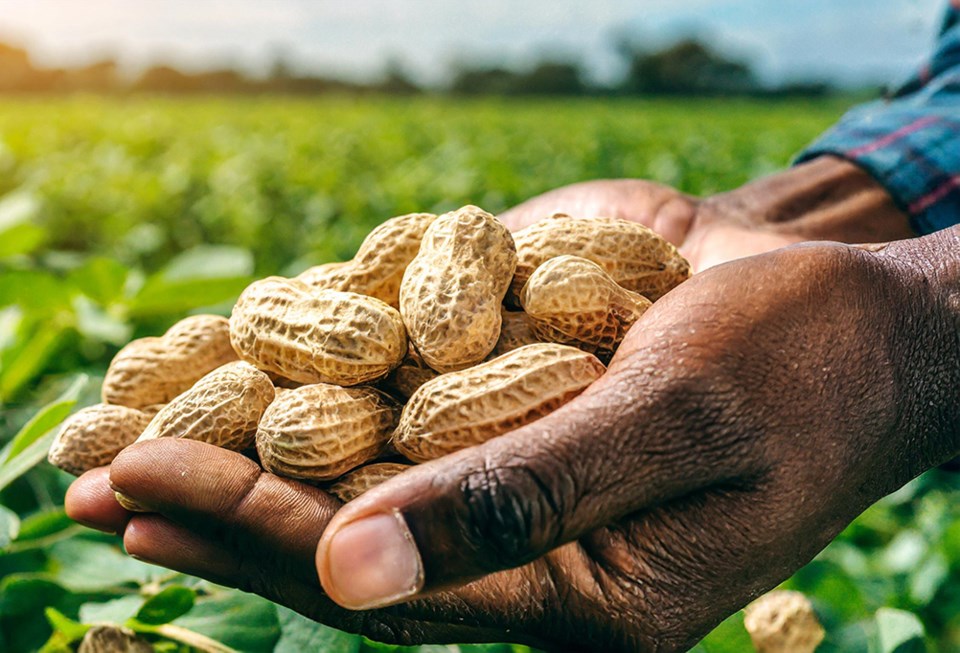WASHINGTON – Virginia Farm Bureau Federation leaders, farmers and industry stakeholders recently met with agricultural specialists at the Embassy of Mexico in Washington to learn about the strong trade relationship between the two countries.
They examined Virginia’s top imports and exports with the U.S.'s neighbor to the south, and discussed farming-related headlines.
Senior agricultural specialist Brenda Martinez welcomed the first-ever group of Virginia agriculturalists to visit the embassy. She and cohort Luis Martinez presented highlights from the ongoing strategic agricultural trade partnership with the U.S.
“I don’t think another two countries have that relationship,” Martinez said. “It’s very broad, sometimes complicated, but a beautiful and fascinating success story!”
Mexico is among the 10 largest export markets for Virginia’s farm-sourced products – wheat, corn, pork, turkey and soybeans – and is the second largest importer of Virginia peanuts behind Canada. Top imports from Mexico to the commonwealth include infant foods, fruit, powdered milk, tomatoes, coffee products, nuts and chocolate.
Aside from Mexico-grown produce, beer and tequila are top U.S. imports, with tequila consumption doubling since 2019. Martinez said it’s become the second-most valuable spirit category in the U.S.. Virginia is the 13th largest consumer of tequila domestically.
“It was the drink of choice, for some reason, during the pandemic,” she said. “You tell me why.”
In advance of last Super Bowl weekend, 255 million pounds of Mexican avocados – about 6,400 truckloads – were imported to the U.S. Grown year-round, most avocados are harvested and stocked in stores within three to five days.
Around the 1994 introduction of the North American Free Trade Agreement, U.S. avocado producers were opposed to Mexican imports, fearing loss of market share.
“But the pie has increased exponentially, and everyone has benefited,” Martinez said.
NAFTA was modernized in recent years, now known as the U.S.-Mexico-Canada Agreement.
Martinez said U.S. corn is extremely important for Mexico’s domestic food supply, with trade increasing exponentially since 2007. The average Mexican consumes about eight corn tortillas a day.
However, in 2020 a presidential decree ≠ the equivalent of a U.S. executive order – was issued banning the importation of genetically modified commodities.
“With such a major importer of our corn, it seems to put that all at risk,” noted Andrew Smith, a Suffolk-based commodities merchandiser.
That decree was revised in 2023, Martinez said, only limiting the usage of white GMO corn for the tortilla industry.



